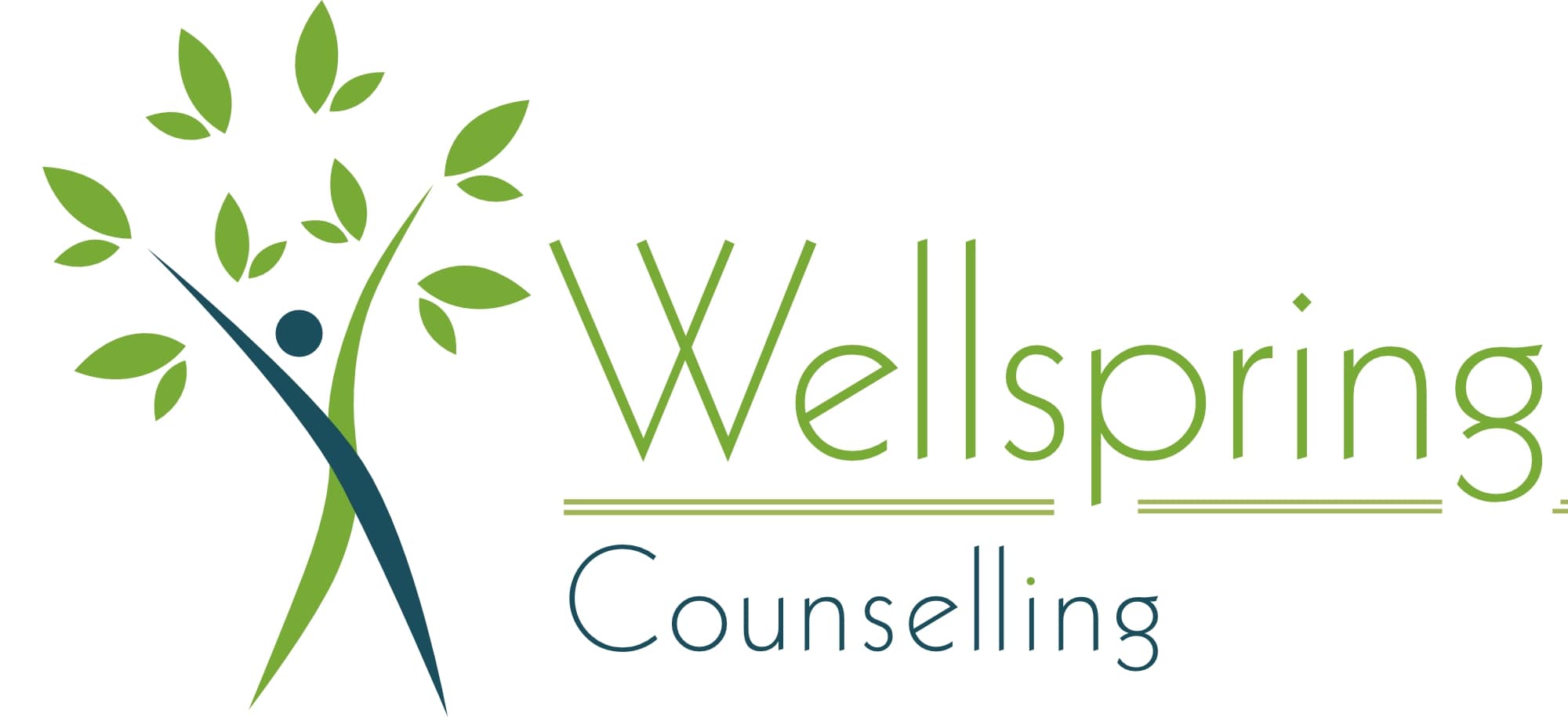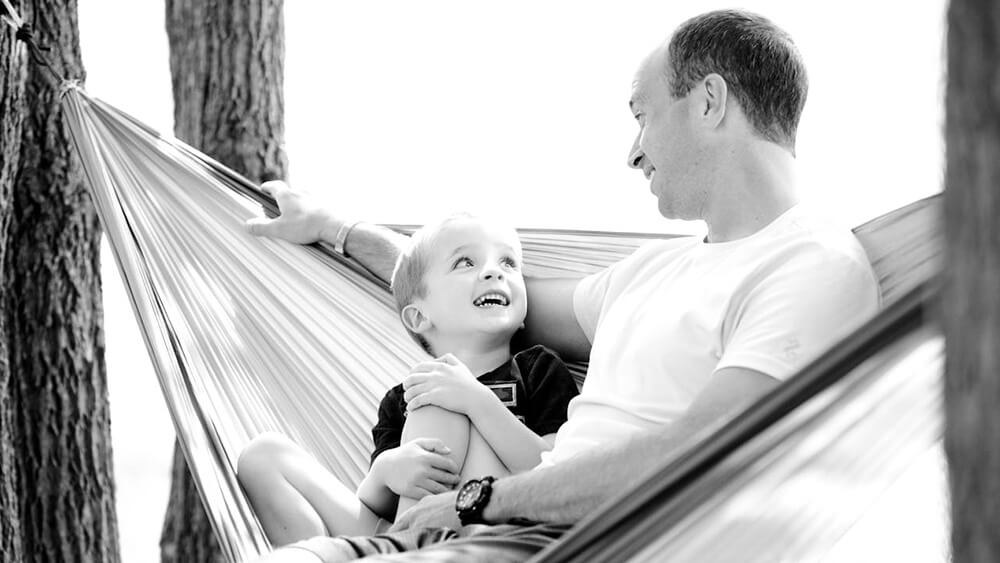How Overprotective and Neglectful Parenting Affects Healthy Growth
As parents, we want to protect our children from the world’s dangers while allowing them the freedom they need to grow. Finding the right balance between protection and freedom is crucial for their well-being.
Overprotecting children can make it harder for them to deal with challenges. Neglectful parenting can leave them without support and at risk. Both situations can cause long-term stress and harm a child’s development.
Overprotection: When Well-Intentioned Love Becomes a Hindrance
Dr. Dan Siegel, a well-known neuropsychiatrist, emphasizes the importance of a child’s “window of tolerance.” Children’s brains are open to learning and exploration when they feel safe and secure.
However, being overly protective as a parent reduces this ability to tolerate certain situations, which limits their capacity to develop essential skills.
- Problem-Solving: Sheltered children do not have as many chances to become resilient and overcome challenges, so they are more likely to focus on the worst possible outcomes and feel very worried.
- Emotional Regulation: People must experience various emotions to effectively manage frustration and negative feelings.
- Social Development: Limited interaction with peers can lead to feeling nervous in social situations and having trouble with relationships.
- Low Self-Esteem: Constantly watching over someone implies they are incapable and undermines their confidence.
Neglect: The Dangers of Too Much Freedom
Providing children with a sense of safety and structure is essential. Children need clear boundaries and predictability in their lives. A lack of support can result in:
- Impulsive Behavior: Children may act on their impulses to test limits and understand consequences.
- Difficulty with Trust: Inconsistent care damages their trust in caregivers and the world, making it harder for them to form future relationships.
- Increased Risk-Taking: They may engage in risky behaviors to seek attention or test boundaries.
- Internalized Fear: Feelings of not feeling secure for a long time can make people worry a lot and make it hard for them to learn and try new things.
The Path to Healthy Development: Finding the Balance
Gordon Neufeld, a psychologist who studies how people grow and change, says it’s essential for parents to connect with their children. This means paying attention to their children’s needs and finding the right balance between letting them explore and keeping them safe. How can parents achieve this delicate balance?
- Clear Boundaries: Set clear expectations and explain why. Encourage open communication and questions.
- Age-Appropriate Autonomy: Encourage children to become more independent as they grow by starting with small tasks and gradually increasing their responsibility.
- Guidance, Not Control: Be present and offer support as they navigate challenges. Avoid micromanaging and let them learn from their experiences.
- Emotional Validation: Acknowledge their feelings and assist them in developing healthy ways to express themselves.
- Celebrate Achievements: Remember to acknowledge and celebrate their achievements, whether big or small, to boost their confidence and motivation for further exploration.
Finding Support for You and Your Child with Wellspring Counselling in Vancouver
Parenting is a complex journey, and finding the right balance isn’t always easy. If you’re concerned about your parenting style or your child’s development, seeking help is a sign of strength. Wellspring Counselling offers:
- Online Counselling BC: Accessible support from anywhere in British Columbia.
- EMDR Therapy Vancouver: Specialized therapy to address trauma-related stress in children and adults.
- Counselling Vancouver: In-person support to help children and families develop strategies for healthy growth and resilience.
- Therapist Vancouver: Experienced and compassionate therapists tailored to your unique needs.
Don't let overprotection or neglect hinder your child's potential. If you're ready to create a more supportive and balanced environment for your child's development, contact Wellspring Counselling today.
- Book Your Free 10-Min Consultation
- Not Ready to Book? Learn More on Our Blog, or take our Free Self-Help Program




